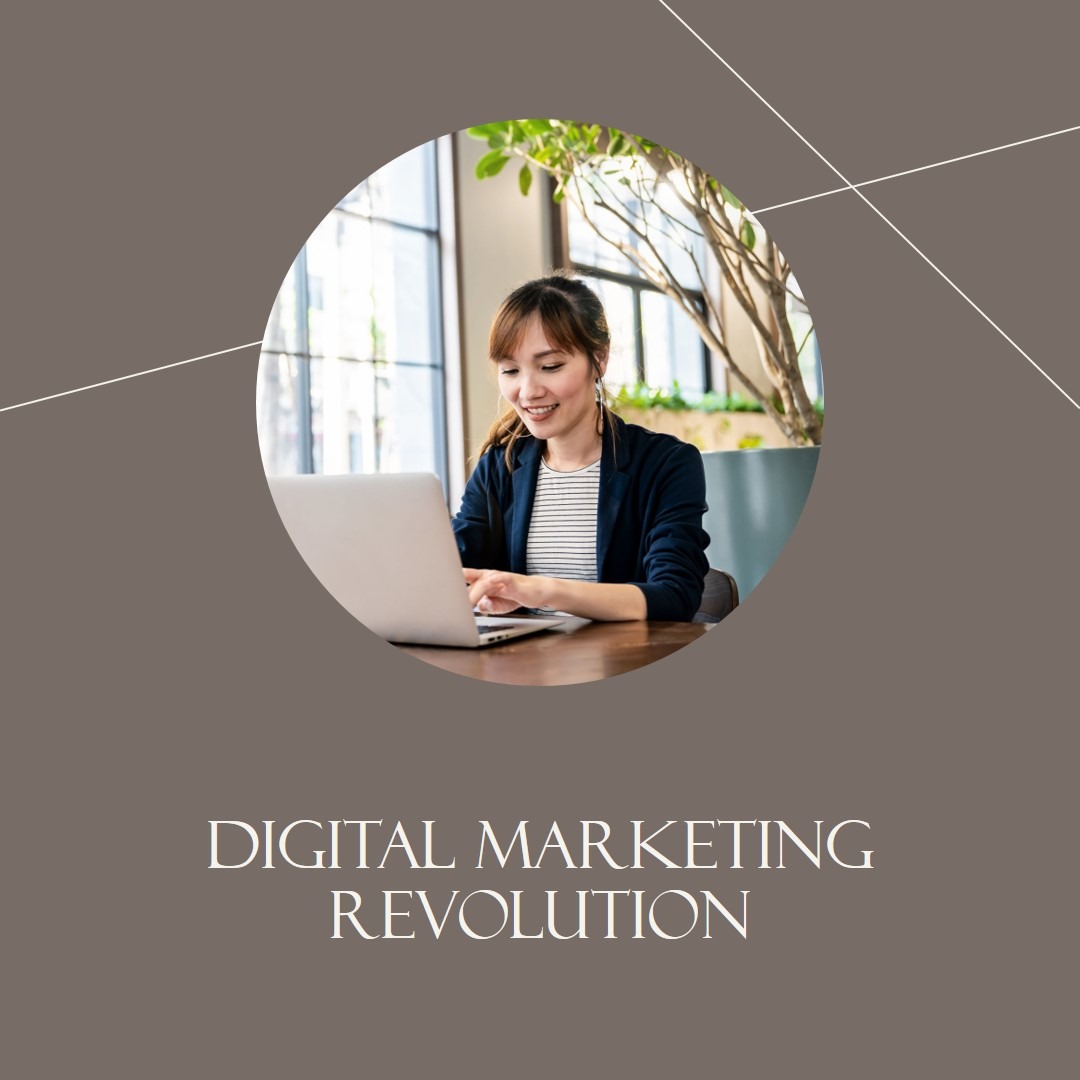Digital Marketing Revou: Embracing the Power of Technology
Digital Marketing Revou: Embracing the Power of Technology
Digital marketing has undergone a remarkable revolution in recent years, propelled by advancements in technology and the ever-evolving digital landscape. This article explores the transformative impact of technology on digital marketing strategies, highlighting key areas where innovation has reshaped the industry.

- Data-Driven Decision Making
The availability of vast amounts of data and advanced analytics tools has revolutionized the way digital marketers make decisions. Data-driven insights enable marketers to understand consumer behavior, preferences, and trends with unprecedented accuracy. By leveraging data analytics, marketers can optimize campaigns, personalize content, and target specific demographics, leading to more effective and efficient marketing strategies.
- Artificial Intelligence and Machine Learning
Artificial intelligence (AI) and machine learning (ML) have become integral to digital marketing. AI-powered algorithms analyze large datasets to automate tasks such as customer segmentation, content generation, and personalized recommendations. ML algorithms continuously learn from user interactions, enabling marketers to deliver highly targeted and relevant content, improving customer engagement and conversion rates.
- Social Media and Influencer Marketing
Social media platforms have revolutionized the way brands interact with consumers. Digital marketers harness the power of social media to engage with their target audience, build brand awareness, and drive customer loyalty. Influencer marketing, leveraging social media influencers to promote products or services, has emerged as a powerful tool for reaching and influencing niche markets, creating authentic connections with consumers.
- Mobile Marketing and Personalization
The proliferation of smartphones has transformed digital marketing strategies. Mobile marketing leverages mobile devices' ubiquity to reach consumers anytime, anywhere. Marketers optimize websites and campaigns for mobile responsiveness, while location-based targeting and push notifications enable personalized and contextually relevant experiences. Mobile apps and mobile advertising also play a significant role in enhancing customer engagement and driving conversions.
- Automation and Marketing Technology:
Marketing automation tools have streamlined repetitive tasks and workflows, improving efficiency and productivity. Email marketing automation, customer relationship management (CRM) systems, and campaign management platforms enable marketers to automate personalized communication, lead nurturing, and customer journey mapping. Automation not only saves time and resources but also enables marketers to deliver consistent and targeted messages across multiple channels.
- Voice Search and SEO Optimization:
The rise of voice-enabled devices and virtual assistants has impacted search engine optimization (SEO) strategies. Marketers need to optimize their content for voice search queries, considering conversational language and long-tail keywords. Voice search has influenced the way marketers approach SEO, requiring adaptation to changing user behaviors and search patterns.
Conclusion
Technology has revolutionized the digital marketing landscape, empowering marketers with powerful tools and techniques to reach and engage their target audience more effectively. Embracing data-driven decision making, leveraging AI and ML, capitalizing on social media and influencer marketing, optimizing for mobile experiences, adopting marketing automation, and adapting to voice search trends are crucial for staying ahead in the digital marketing realm. By embracing these advancements, businesses can unlock new opportunities, drive customer acquisition and retention, and achieve greater success in the ever-evolving digital marketplace.